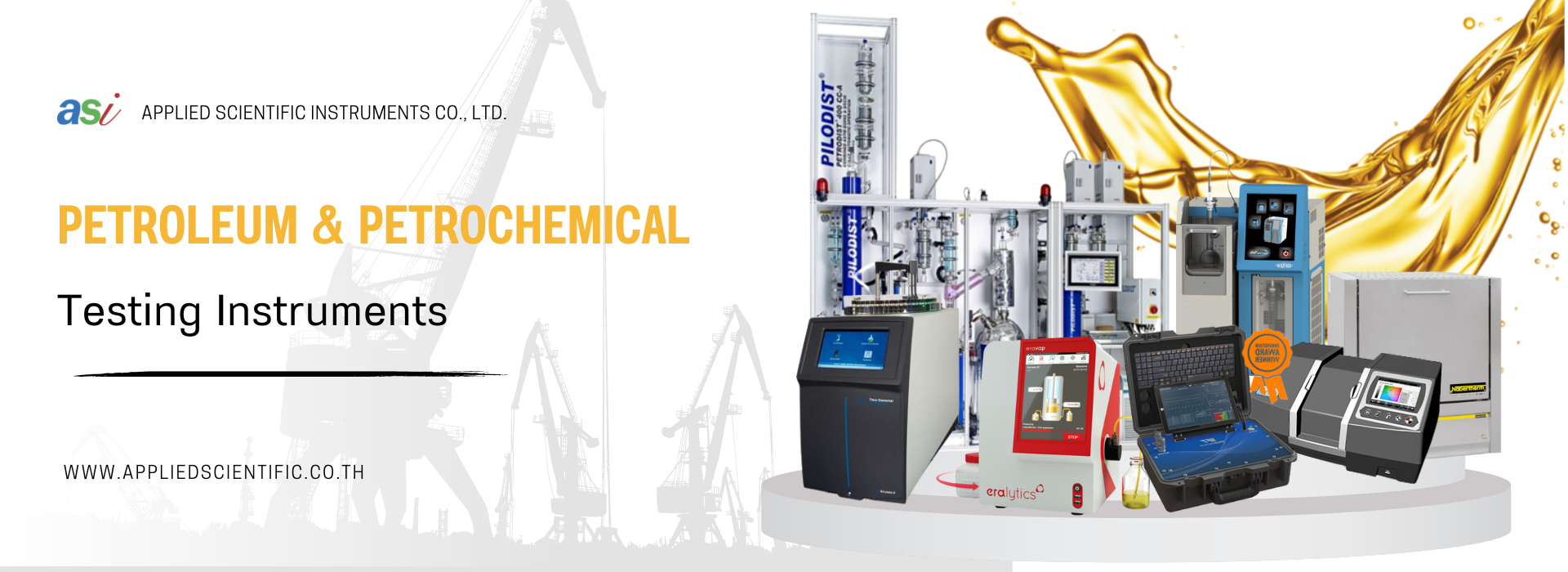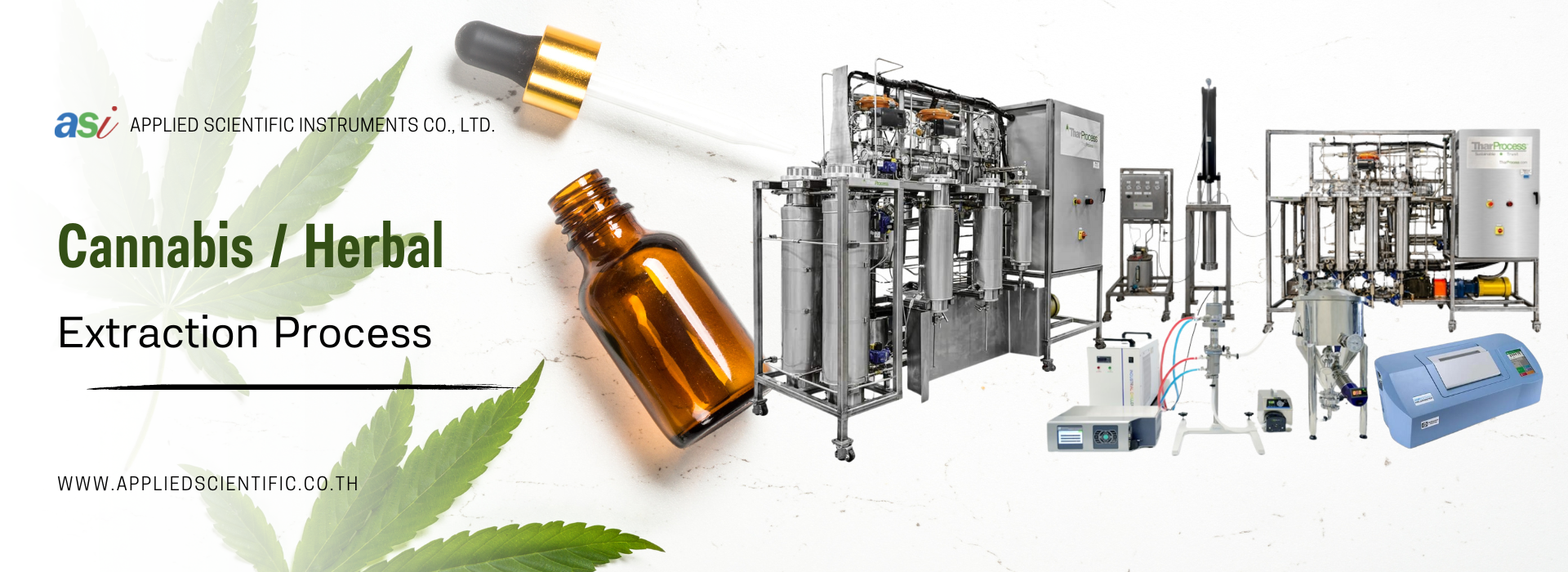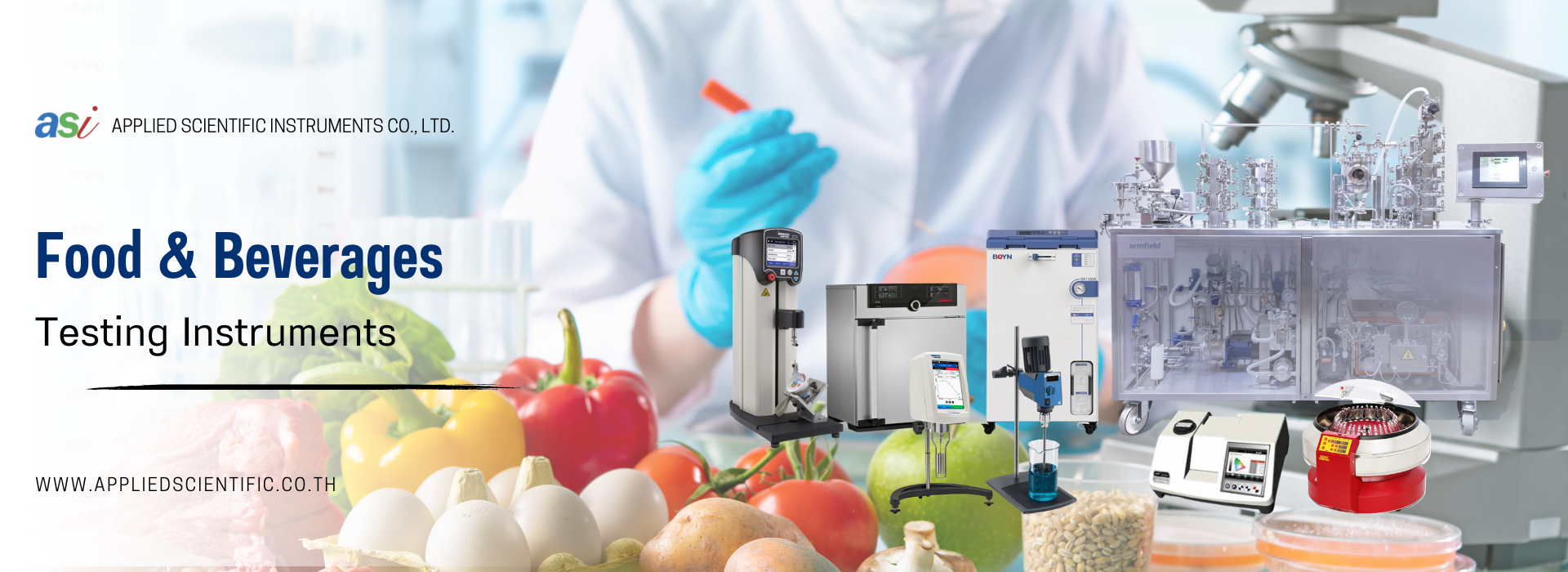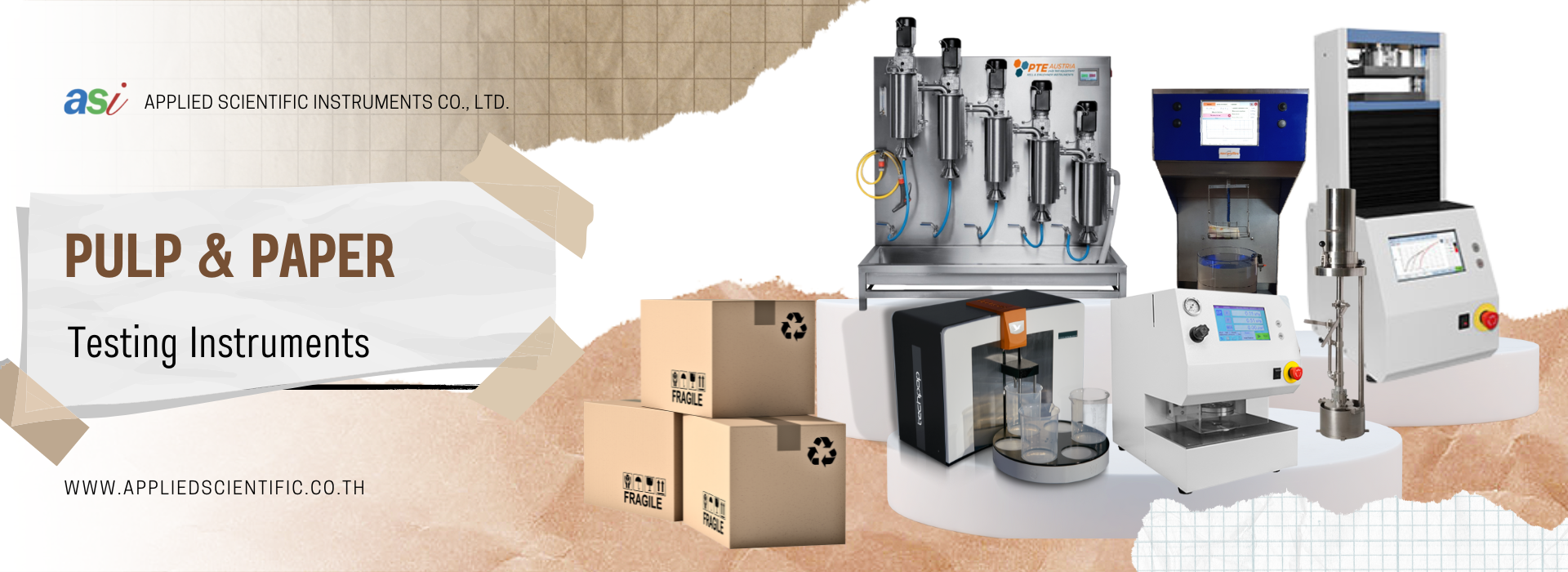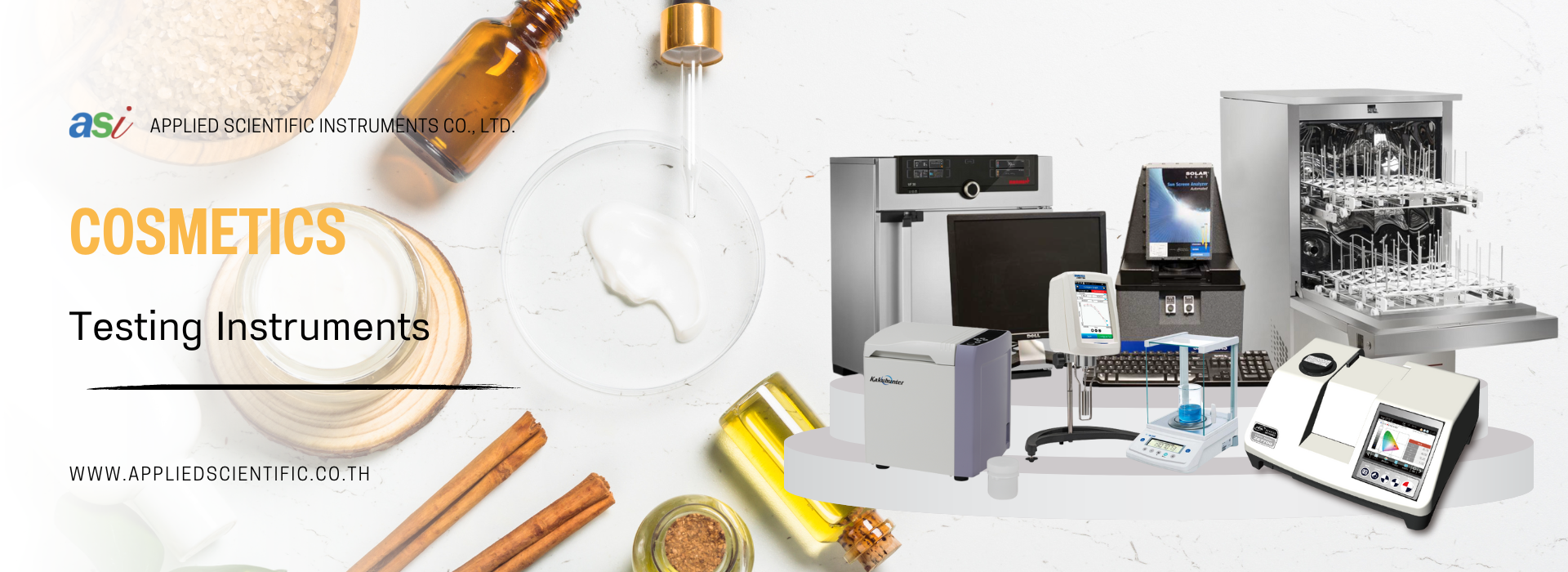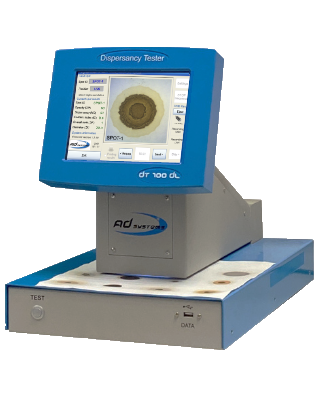
Measurement of the Merit of Dispersancy of In-Service Engine Oils with Blotter Spot Method
28 กันยายน 2565
ผู้ชม 205 ผู้ชม
Summary
The requirement for on-line machinery and oil condition monitoring is becoming evermore apparent as maintenance costs increase and production capacity and equipment performance are maximized.
One of the primary functions of a lubricant is to preserve the cleanliness of a combustion engine's mechanical parts. The cleanliness of the mechanical parts is facilitated by "detergency" and "dispersancy" (DD) additives in the engine oil.
The dispersancy is the property that allows the oil to suspend and carry away "pollutants" of diverse sources such as soot from combustion, metallic particles from wear, corrosion of mechanical parts, and insoluble products resulting from the ageing of the oil, etc. Dispersant additives in oil prevent agglomeration and sludge formation by dispersing contaminants. With proper formulated oil, the soot will remain homogeneously suspended up to high concentration levels. When soot load reaches a critical limit for current condition of the oil, a sudden loss of dispersancy leads to rapid agglomeration and deposition of soot onto machine surfaces. Contaminants like water and/or glycol can quickly knock out dispersancy performance without an increase in soot load. Diesel engine condition monitoring requires increased focus upon measuring both soot concentration and dispersancy performance. Unlike measuring soot concentration where numerous options exist, measuring soot content and dispersancy performance is a real challenge to the oil analyst.
The DT100DL operates according to ASTM D7899. The instrument simultaneously measures soot and dispersancy. The results reported are combining soot content and dispersancy performance.
Unique and simple instrument to measure dispersancy
Complete OCM program with unique information on oil dispersancy
Dispersancy measurement and soot content quantification
Tool to make justified pro-active actions and maintenance planning decisions
Removes all arbitrary aspects of manual method
Evaluation of oil formulation
Performance of DD additives
Ideal for trend analysis in OCM programs and diagnosis on diesel engines
Lubricants performance at engine operation conditions
Lubricants compatibility evaluation
Application
Oil Control Monitoring
Mining
Marine
The DT100 takes a spot image with a built-in digital camera. In seconds, the software scans and analyzes all the different areas of the oil spot and automatically calculates the quantitative quality parameters of a motor oil in service. The DT100 has been designed to satisfy needs of OCM laboratories. It is an easy-to-use and robust analyzer equipped with enhanced quality and communication features. The spot images can be stored on USB storage devices and sent to local networks (LIMS) with an Ethernet interface. Versatile communication protocol is configurable for the specific requirements of each laboratory. The DT100 provides fully traceable electronic data storage eliminating the need for paper archiving. A laboratory technician can perform on-site calibration in minutes using a standard calibration tool supplied with the instrument. The DT100 complies with modern QA/QS laboratory practices.
Specification
| Technical Points | Description |
| Dispersancy(MD) | 100 (good) to 0 (verypoor) |
| Contamination index(IC) | 0.1 to 5% |
| Combined Performance Rating(DP) | 0 (good) to 200 (very poor) |
| Duration of spot analysis | Few seconds per spot |
| Max spot diameter | Up to 45 mm |
| Positionning of the spot | Visual centering with guide |
| Imaging system | color CCD camera |
| Light source | Dual lighting - backlight and front light LED panels |
| Calibration of imaging system | Special calibration tool (delivered with the unit) |
| Results storage | Unlimited, depends on external USB storage device capacity |
| Spot image storagel | Color image in front light and B&W image in backlight |
| Data output | 2xUSB, LAN connectivity by Ethernet RJ45, optional printer |
| Dimensions (mm) | 305 x 487 x 390 (W x D x H) |
| Weight | 20kg |
| Electrical | 115 to 230V - 2A - 50/60Hz |


